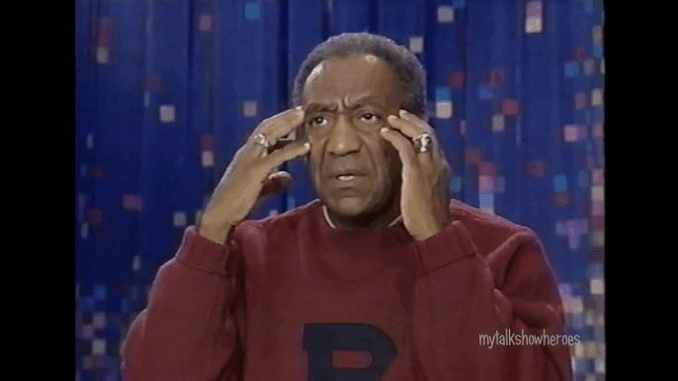
More than three decades after its final episode aired, The Cosby Show remains one of the most influential and debated television series in American history. Praised for its positive representation of African-American family life and later scrutinized in light of its creator’s criminal convictions, the show occupies a complicated space in the cultural conversation.
Redefining Representation
When it debuted in 1984, The Cosby Show was a revelation. At a time when African-American characters were often relegated to secondary roles or comic relief, the Huxtable family presented a completely different narrative. Dr. Cliff Huxtable, played by Bill Cosby, was a wise and playful father figure; his wife Clair, portrayed by Phylicia Rashad, was a sharp and articulate lawyer. Together, they raised five children in a warm, supportive, and educated household.
The show portrayed Black life in a way that challenged stereotypes and inspired millions. It helped redefine the image of Black families on television, emphasizing intellect, humor, and emotional depth. The Huxtables were not only role models for Black viewers—they became cultural icons for viewers of all backgrounds.
A Catalyst for Change
The show’s success shattered assumptions in Hollywood about what audiences wanted. Its ratings dominance in the late 1980s proved that family-centered stories featuring African-American characters could resonate with mainstream America. It paved the way for a new era of television diversity, influencing creators and giving rise to shows like Family Matters, Living Single, Girlfriends, and Black-ish.
Its impact extended beyond television. Colleges reported a spike in applications from Black students during the show’s run, a phenomenon some researchers dubbed “The Cosby Effect.” The show didn’t just entertain—it inspired.
The Fall from Grace
However, in the 2010s, Bill Cosby’s public image collapsed under the weight of sexual assault allegations from dozens of women. In 2018, he was convicted and sentenced to prison, though the conviction was overturned in 2021 on a legal technicality.
This scandal prompted an uncomfortable reassessment of The Cosby Show’s place in pop culture. Networks pulled reruns, museums removed exhibits, and fans grappled with the contradiction of loving a show created by a man accused of horrific crimes.
Separating Art from Artist
The debate over whether one can—or should—separate art from the artist intensified. Some argue that the cast, crew, and cultural contributions of The Cosby Show should be honored independently of Cosby’s actions. Others feel the show’s association with its creator taints its legacy irreparably.
Actors from the show have expressed a range of reactions. Phylicia Rashad has defended Cosby, drawing criticism, while others like Malcolm-Jamal Warner and Tempestt Bledsoe have acknowledged the pain and complexity of the situation.
An Enduring Influence
Despite the controversy, The Cosby Show continues to influence television. Its structure, tone, and themes echo in modern sitcoms focused on family, culture, and generational dynamics. It demonstrated that television could both entertain and educate—raising the bar for what a sitcom could achieve.
In the end, The Cosby Show leaves behind a fractured legacy: one of groundbreaking representation, immense cultural impact, and deep moral conflict. It’s a reminder that even the brightest cultural phenomena can cast long shadows—and that the stories we tell, and who tells them, matter deeply.
